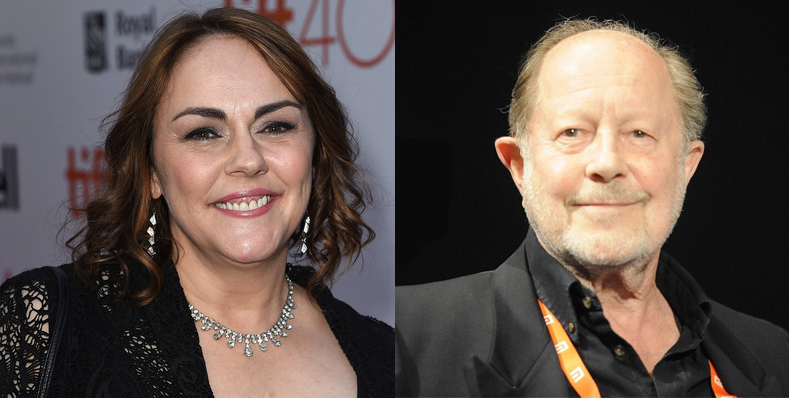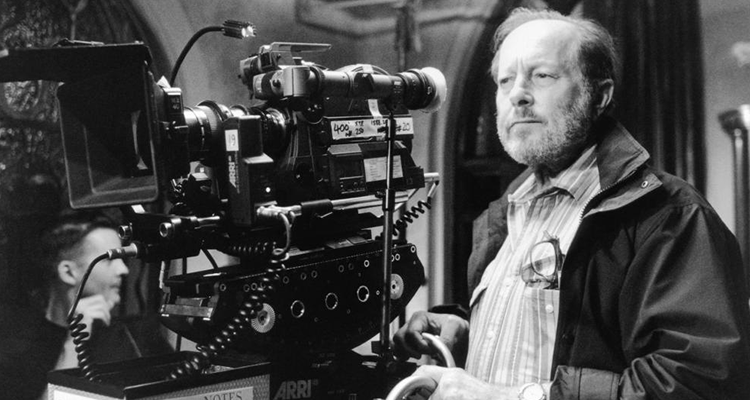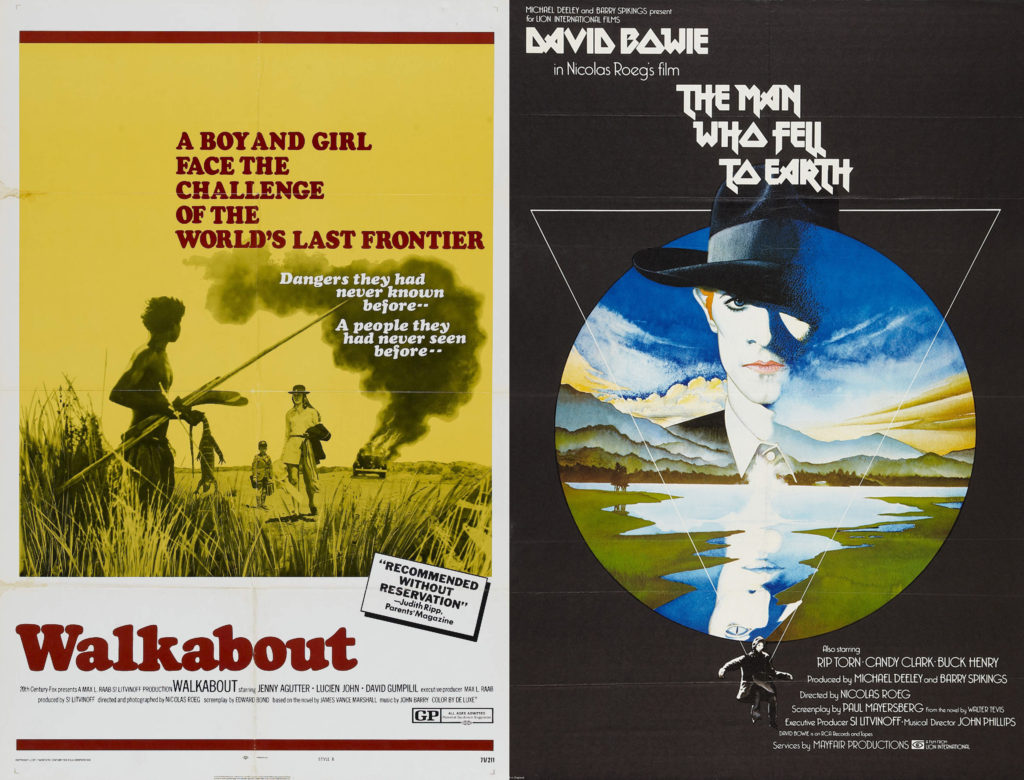
Let's skip all the non-film stuff in this recap, shall we? From Brexit to Trump and various personal crises, cinema was the last saving grace that kept us from going under. And the podcast really helped with that.
With guests ranging from the legendary Laura Mulvey to actors Rhys Muldoon and Kate Hardie, writers and critics like Garth Franklin, Rebecca Harkins-Cross, Martyn Pedler and Alicia Malone, filmmakers such as Alice Lowe, Jocelyn Moorhouse, Kriv Stenders, Rohan Spong and Terence Davies, we definitely kept things interesting.
We talked the films of John Carpenter, Max Ophüls, the Coen Bros, Antonia Bird, Shirley Clarke, Jim Henson, Guillermo Del Toro, Rainer Werner Fassbinder, Peter Weir, Alfred Hitchcock, Stanley Kubrick, Nicolas Roeg and David Lean, as well as new releases and all sorts of topical film subjects. All told, we're pretty happy with the twelve hours of audio we released this year.
As we take stock of the year in cinema, scroll down to see the best of, worst of and general wrap-up lists of as many of our Hi4H alum as we could find. Then below, Sophie and Lee look back at 2016 and ahead to 2017.
End of Year Lists: Blogs
Four Three Film compiled a list of the best films of 2016 as chosen by its staff, which includes Hi4H alum Ian Barr & Alexandra Heller-Nicholas
In The Guardian, Luck Buckmaster runs through his picks for the best Australian films of the year
Thomas Caldwell tells us about his favourite films of 2016 on Cinema Autopsy
Thomas also contributes to the Melbourne International Film Festival's wrap up of the year by listing his Top Five WTF Cinematic Moments (includes, essentially, eyeball eating and fart humour)
In Junkee, Mel Campbell takes us through her sixteen best films of 2016 and her ten most underrated movie gems of 2016 (and also tweeted a list of her picks for the worst films of 2016)
Over at Concrete Playground, Tom Clift & Sarah Ward tag-team with their choices for the top ten movies of 2016
Glenn Dunks writes for Junkee about his picks for the best and worst moments of queer cinema in 2016
Garth Franklin reveals his favourite films of 2016 on his website Dark Horizons
On his website The Reel Bits, Richard Gray presents his picks for the best films of 2016
Giles Hardie lets us in on his picks for the best movies of 2016 on his website Flicked
For Graffiti With Punctuation, Blake Howard gives us his quick rundown of the five worst, and compiles a video essay on his best films of 2016
Maria Lewis reveals her favourite horror films of the year for FilmInk
Drew McWeeny writes extensively on his favourite films of 2016 on his new online magazine/blog Pulp & Popcorn
For Student Edge, Simon Miraudo presents his top 11 of 2016
At SBS Film, Anthony Morris and Rochelle Siemienowicz contribute to their list of the best movies of 2016 as well as the worst movies of 2016
Paul may not be on the show any more, but he continues to see films and rank them, as evidenced by his epically-titled Best and Worst of Times: 2016 in the rearview (or, LONG LIVE CINEMA)
Lee's rundown of his ten favourite films of the year, plus a list of every film he watched in 2016, can be found on his website
End of Year Lists: Podcasts/Broadcast
Triple R's radio show/podcast Plato's Cave presented the favourite films of 2016 from Thomas Caldwell, Cerise Howard, Alexandra Heller-Nicholas and (spoiler alert) upcoming 2017 Hyphenates guest Emma Westwood
ABC Breakfast's Zak Hepburn appeared on national television to present his choices for the best films of 2016
SOPHIE AND LEE LOOK BACK ON HYPHENATES IN 2016
Top five Hi4H film discoveries (that you hadn't seen before)?
Sophie: Top of the list is Antonia Bird’s Hamburg Cell, a film that I’d heard about but never been able to see (boo hiss HBO and danke schön German DVD!). It feels more urgent and courageous an achievement than ever. Shirley Clarke’s The Cool World, her only fiction feature, was a nervy, clever joy, and again current and still streets ahead in its depiction of African American boys becoming men. Peter Weir's The Last Wave was totally new to me, and what a film: dark and risky, with that Weiry dreaminess and an unusual steeliness. And finally, two absolute classic costume/melodramas of female (almost) liberation that (hang my head) I’d never caught: Rainer Werner Fassbinder’s Effi Briest, the least-yet-most Fassbindery of his films in epic, gorgeous black and white, all sighs and glances; and Max Ophüls’ La signora di tutti, an addictively glamorous and mondaine prefiguration of his masterpiece Lola Montès.
Lee: As ever, I'll be sticking with the one-per-filmmaker rule just to mix it up/make life more difficult for myself. (Note: Even though I watched all of the Fassbinders in 2015, I'll count them for this year for reasons that I trust are self-evident.) Interestingly, we covered so many of my favourite filmmakers this year, directors whose work I was deeply familiar with - Hitchcock, Kubrick, Weir, Lean and the Coen Bros - that there were fewer discoveries than in previous years.
Nevertheless, the five first-time viewings that knocked me over the most were: Ravenous (1999, Antonia Bird), Portrait of Jason (1967, Shirley Clarke), Chinese Roulette (1976, Rainer Werner Fassbinder), Paths of Glory (1957, Stanley Kubrick), Don't Look Now (1973, Nicolas Roeg). These five are going to stick with me for a long, long time.
(I probably would have included a Max Ophuls in there, but I kept rubbish notes that month and I've completely forgotten which of his films I loved the most. I'm not the well-oiled machine I seem, listeners.)
Which new filmmakers to emerge in 2016 are you most excited about?
Sophie: Most smugly, I’m excited to see people catching up to Barry Jenkins. I saw Medicine for Melancholy, his first feature, at the London Film Festival in 2008, in an almost-empty cinema, and still have the jitters from its brilliant meditations on love, art, cities, race and space. Moonlight is a step up and expansion of his singular vision. #OscarsSoMoonlight
Less smugly, I came totally fresh to Kirsten Johnson; and Cameraperson, her fourth documentary as director (and approximately zillionth as cinematographer), blew off the top of my head. I’ve seen it three times, and still haven’t got the measure of it. I’m excited she’s working with Laura Poitras again (on a film about Julian Assange), but I want more films de Kirsten Johnson, soon.
Alice Diop’s doc On Call may not have got as big an audience as fellow refugee doc Eva Orner’s Chasing Asylum at London this year, but wow, has it stayed with me. Totally rigorous classical observational documentary, fierce with compassion and honesty. Deserves to be seen everywhere, and another talented member of the Diop filmmaking dynasty arrives.
Finally, two British first time feature filmmakers: full disclosure: I may know them or something. Regardless, I foresee big futures for Hope Dickson Leach (The Levelling) and Alice Lowe (Prevenge). They are unafraid to get messy, personal, difficult, dark, funny and bold. Having two such huge talents come along in one year (shout-out to Jane Gull for My Feral Heart and Esther May Campbell for Light Years as well): bloody hell. We’re going to need the stories they have in store for us.
Lee: I saw basically nothing this year (compared to most years), and have been experiencing massive list envy as I glance at Sophie's answers. Even though I haven't yet seen Prevenge, Alice Lowe is an alum of the show, and I'll see anything she's even tangentially related to, so can I include her? Speaking of which, I don't believe the Lowe-starring Black Mountain Poets was the first film of director Jamie Adams, but it's the first one I saw and I'm on board for whatever he does next.
I loved Baden Baden, so definitely Rachel Lang. I Am Not a Serial Killer is the film that appears to have put director Billy O'Brien on the map, and it's a map I'll be following closely in the future. And I can totally see Kirsten Johnson pulling a Laughtonesque one-and-done after Cameraperson, but if she does direct another, she's already sold at least two tickets.
Keeping in mind our unofficial and sometimes-broken rule about our filmmakers-of-the-month having a minimum of five films to their names, which five filmmakers would you like to see us cover on the show?
Sophie: Chantal Akerman and Abbas Kiarostami both left us recently - and the incisive writing and conversations that marked their passing has made me want to look again and deeper at their expansive and elegant filmographies.
Ava DuVernay will hit the magic 5 with A Wrinkle in Time; if time could wrinkle the film out in 2017, she’d definitely be top of my Hyphenates list.
Oh, and Kelly Reichardt has just hit 6 with Certain Women, which will be in my 2017 top five, I can tell you that already. Time to talk trains, knitwear, Michelle Williams and working-class America, no?
Finally: Dorothy Arzner, Hollywood great. She got Maureen O’ Hara and Lucille Ball to cat-fight (and make up) in leotards, enough said. Oh, and she addressed rape, abortion and feminism in earlier films. TCM recently ran a popular marathon of her films… let’s go Dottie in 2017.
Lee: Since we began the show, my three white whales were Hitchcock, Kubrick and Scorsese, and in back-to-back episodes we knocked over two of them! So although we try our best never to influence our guests, I'll be sending thoughtwaves to them all with the following names: Martin Scorsese, Nora Ephron, Kenji Mizoguchi, Michelangelo Antonioni, Catherine Breillat.
What are your most anticipated films of 2017?
Sophie: Weird question, because festivals. Moonlight, Certain Women, Cameraperson, and The Levelling will all come out in the UK in 2017, and that is awesome: anticipation for re-watching them with new audiences is already high at Mayer Towers. Looking ahead to next year’s fests, I’m already excited for Sydney Freeland’s indie thriller Deidra and Laney Rob a Train, which has been announced for Sundance, as has Dee Rees’ historical drama Mudbound. Amma Asante’s WWII drama Where Hands Touch has a 2017 release date (fingers crossed). The news that there’s a critical mass of new films written and directed by women of colour and of genius? I’ve been anticipating that for a decade and now it’s here!
If there could also be Trolls 2 pls. Because I’m complicated and random.
Lee: I agree, it's a tough question because the best films often end up being the ones we don't know about. I am particularly excited about a certain film with “Logan†in the title. Yes, Soderbergh is returning to cinema with Lucky Logan, from first-time writer (according to imdb, anyway) Rebecca Blunt. I look forward to seeing what it was about this script that lured my favourite living director back to the big screen OR I look forward to being shown some quotes that prove the retirement quote was actually fiction. Either way, I'm getting more Soderbergh in 2017 and this pleases me.
For the third year running, I'd like to include Martin Scorsese's Silence. What I thought was going to be a 2015 film turned out to be a 2016 film that my home country is getting in 2017. Check in with us next year to see if it makes the cut again.
Even if the premise, the pedigree and the cast hadn't won me over completely, I'd still be hanging for Sofia Coppola's The Beguiled because it's Sofia Coppola. Also, any new work from filmmakers we've covered on the show save one. I'll let you guess.
Jordan Peele's Get Out. Edgar Wright's Baby Driver. Ben Wheatley's Free Fire. Ducan Jones's Mute. Shaun King's Paddington 2. Gary Ross’s Ocean’s Eight. Anything Sophie tells me about, because she never steers me wrong even when I totally fail to see the films she nudges me about.
I have film critics friends who argue both for and against the concept of the guilty pleasure, and I usually find myself agreeing with whoever made their case to me last. But if you've listened to the show you'll know I'm a hopeless sucker for the Marvel films, and the fact that they've upped their yearly output from two to three (Guardians of the Galaxy Vol. 2, Thor: Ragnarok and Spider-man: Homecoming) is something I will vocally decry to maintain cred amongst my serious film friends as I secretly clap my hands in shameless glee.
And, of course, the Melbourne-made detective noir Trench, made by some upstart named Paul Anthony Nelson, but who's ever heard of him?
Thank you all for listening to our show throughout the year, and for giving us so much constructive and positive feedback. If you want to help spread the love even further, know that telling your friends about the show, sharing us on social media, and leaving positive reviews on iTunes is hugely appreciated.
Happy new year, all!

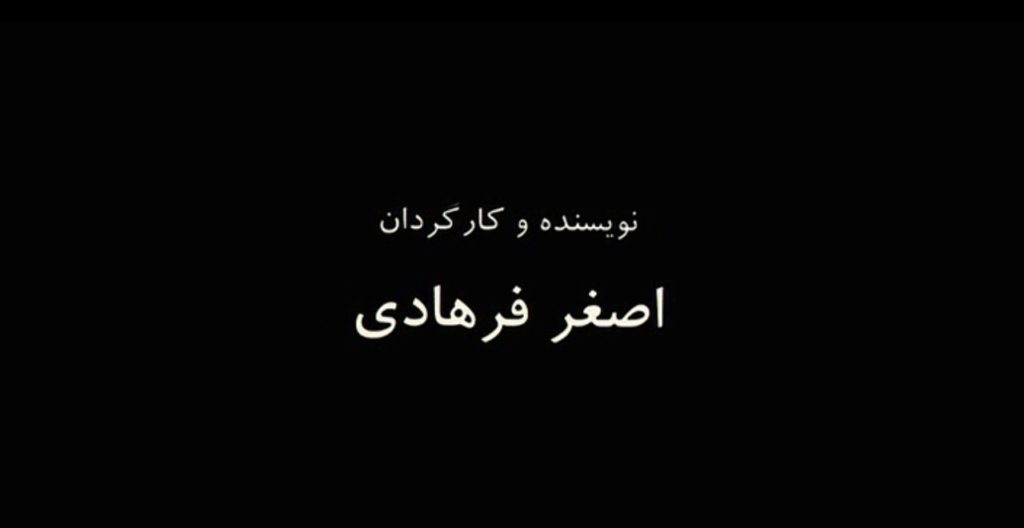


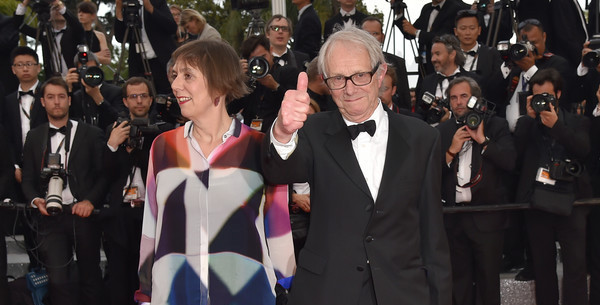
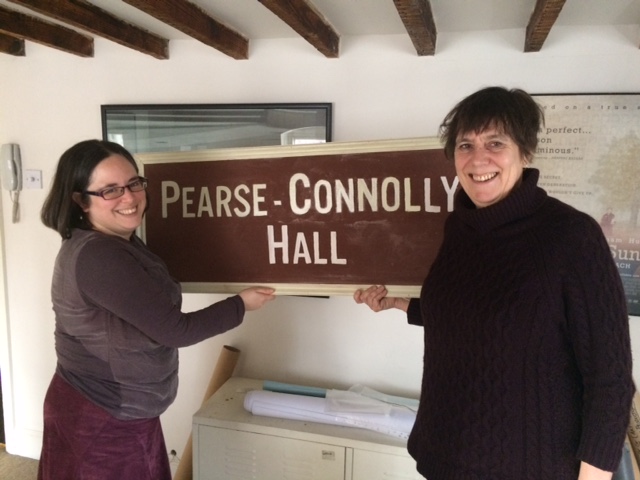
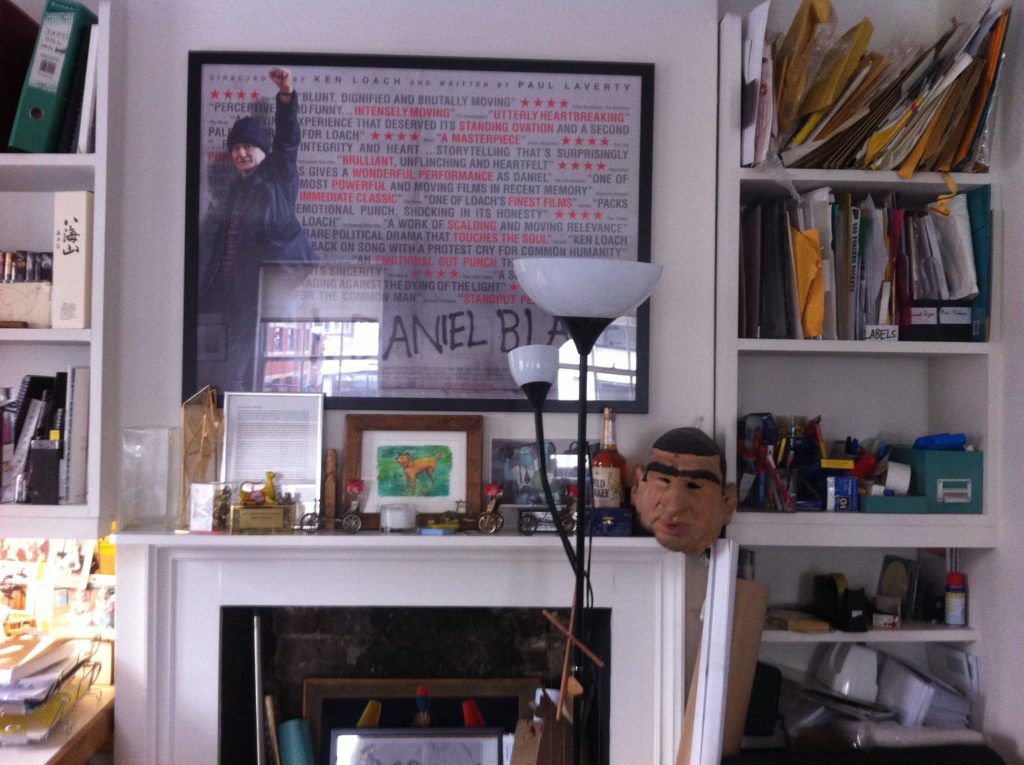
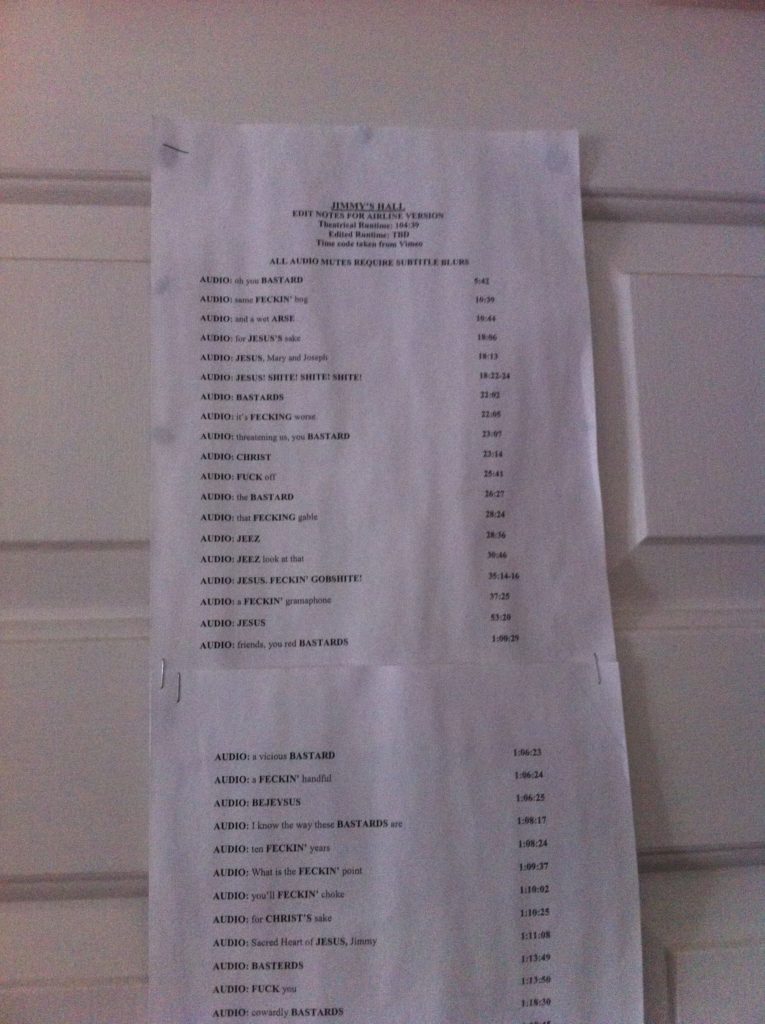

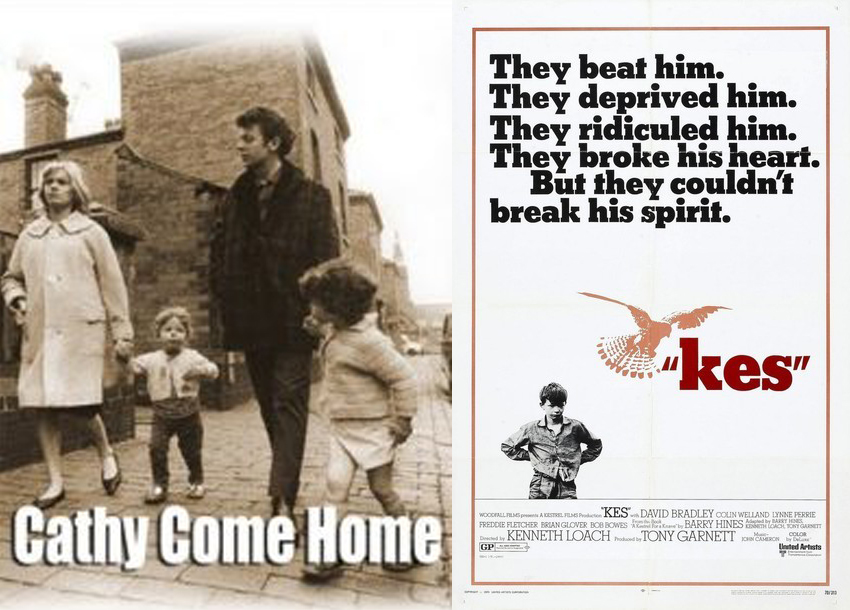
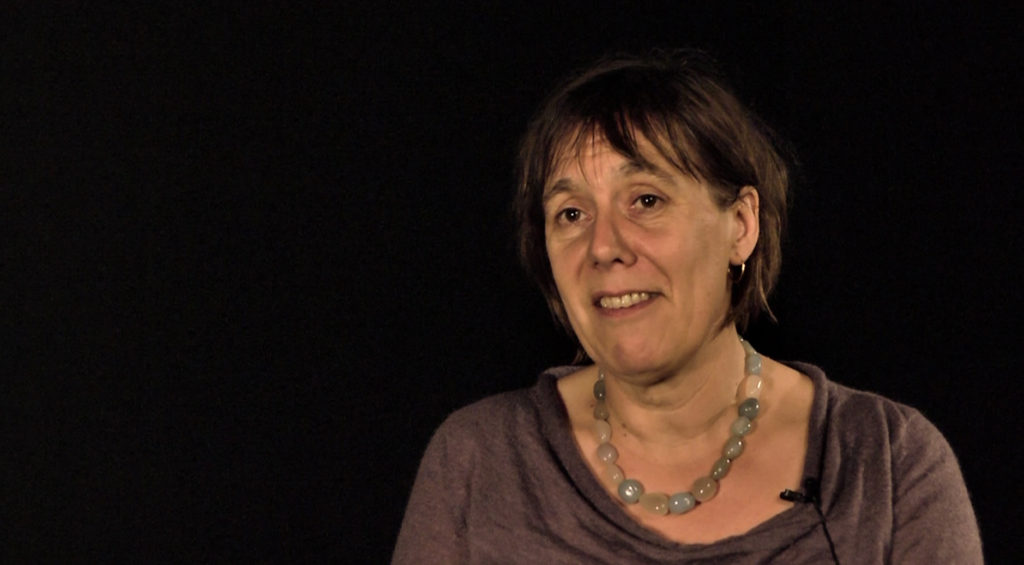
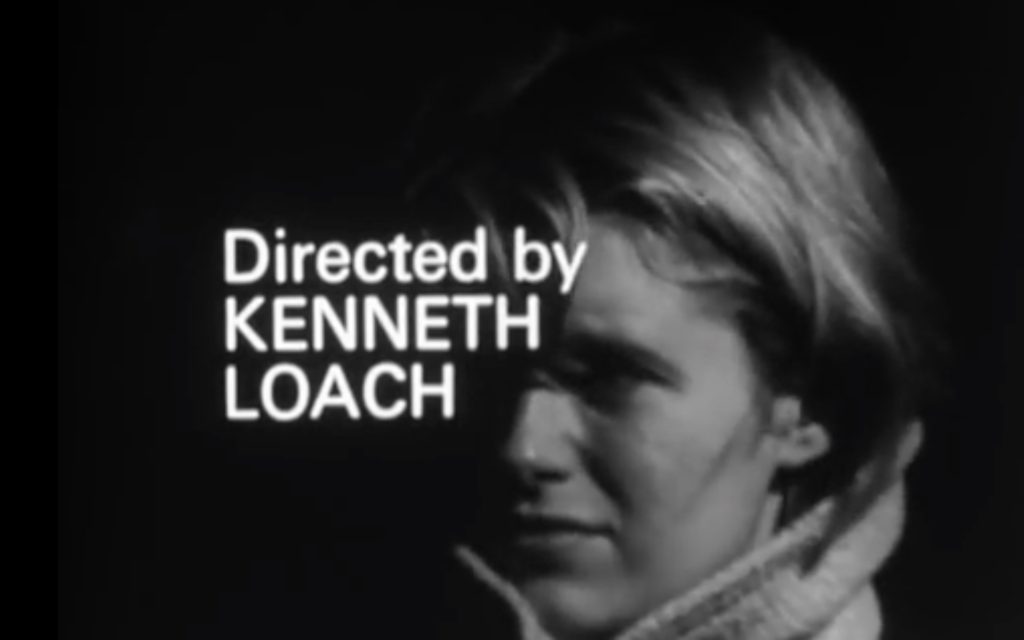
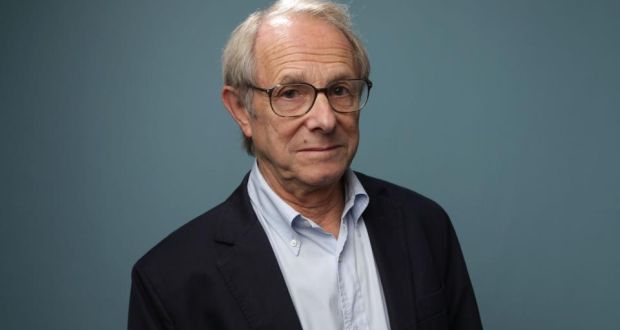

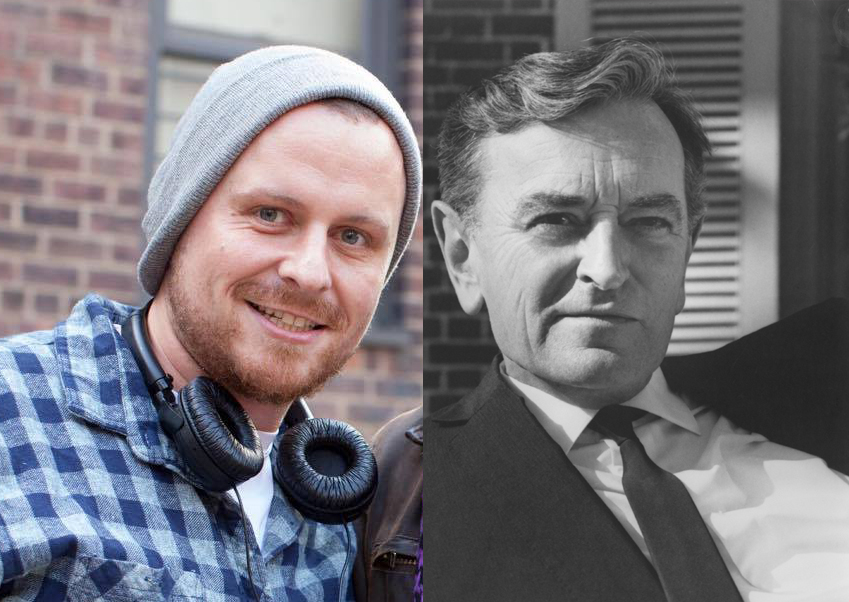



 The mere mention of Lean's name conjures images of epic landscapes in 70mm, decades-spanning tales, literary adaptations, and hours-long epics that could comfortably go for twice their length. Lean immersed us in worlds bigger than our own, and defined event cinema decades before the term would ever be coined or even required.
The mere mention of Lean's name conjures images of epic landscapes in 70mm, decades-spanning tales, literary adaptations, and hours-long epics that could comfortably go for twice their length. Lean immersed us in worlds bigger than our own, and defined event cinema decades before the term would ever be coined or even required.
